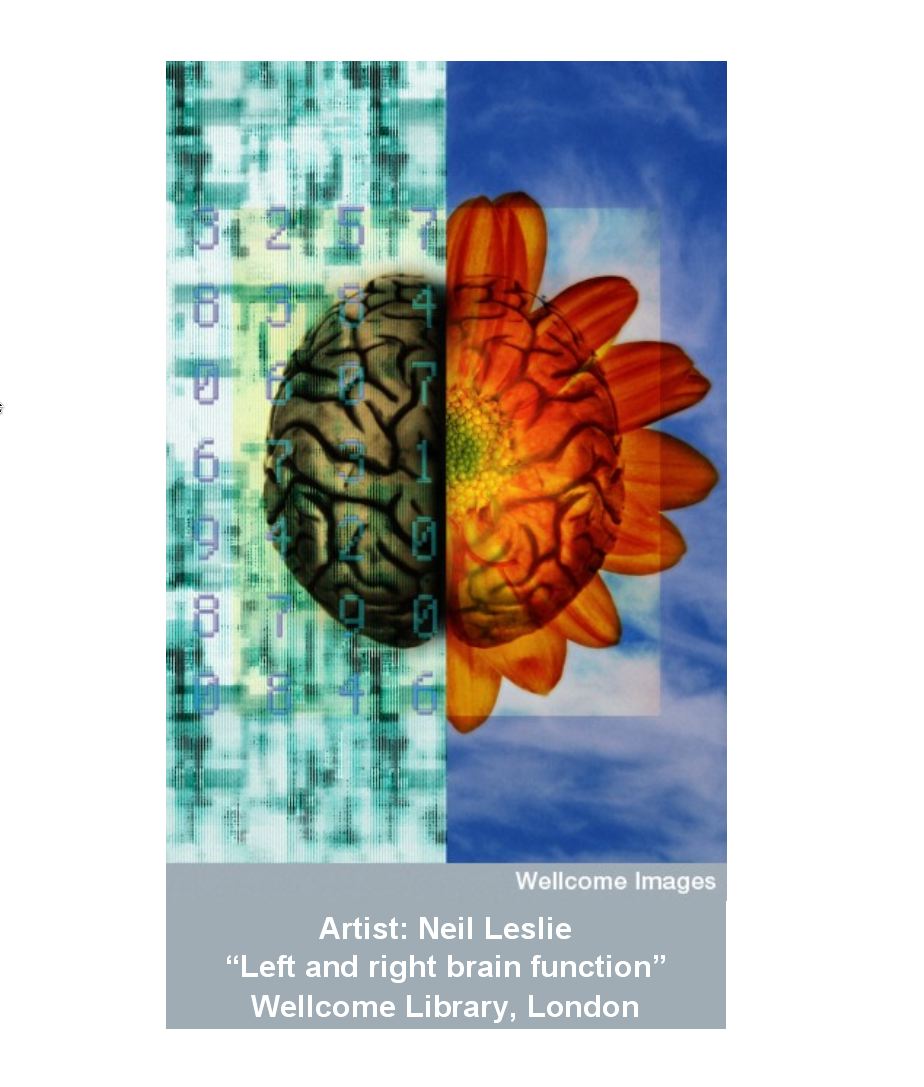
Commentary by Jack Coulehan, M.D., M.P.H., Professor Emeritus of Preventive Medicine and Fellow, Center for Medical Humanities and Bioethics, Stony Brook University, New York
“Medical humanities” is one of those I-know-one-when-I-see-one terms. Taken literally, the two words have about the same level of specificity as would “medical sciences,” which includes everything from biochemistry to pathology. No wonder our scientific colleagues press us to give a more precise definition or, even better, an accurate description of just what we are trying to accomplish in medical humanities curricula. Unfortunately, believers tend to assume that our colleagues might easily understand the importance of medical humanities, if only they opened their eyes and adopted a different paradigm. In my experience only underdogs and fuzzy thinkers ever talk about paradigms.
To me it’s surprisingly difficult to say with any degree of clarity what medical humanities is. It certainly isn’t the medically relevant content of all—or most, or for that matter, any—of the traditional humanities disciplines. We don’t engage literature, history, philosophy, anthropology, religion, and so forth in any substantive way. While we do, or should, teach bioethics content in some depth, medical humanities folks often recluse themselves from bioethics as such. Yes, we dabble in literature, and more generally, narrative. History plays a role and sometimes theater and film. But what else? Does humanities include communication skills? Or spirituality? And what about more traditional stuff like medical sociology?
Medical humanities relates to, but is not identical with, the art of medicine, for which nowadays we often use the word “doctoring.” Doctoring requires communication skills, empathy, self-awareness, judgment, professionalism, and mastering the social and cultural context of personhood, illness, and health care. Learning doctoring includes a process of character formation that requires years of role modeling and guided practice. We base our claim for the importance of medical humanities on the assumption that our teaching contributes significantly to the development of doctoring skills. However, a moment’s thought should tell us that physicians of the past must have learned these skills without studying such a discipline, and many continue to do so today. Thus, whatever medical humanities is, it’s not a sine qua non for professional formation.
The claim that medical humanities curricula help our students become better doctors has another interesting aspect. Our use of the term “better” suggests a practical moral dimension, i.e. young physicians will care for their patients more effectively, if they study medical humanities. However, although humanities disciplines once counted moral education among their goals, they no longer do so. Today you don’t study history or literature to become a better person. So, from an academic perspective we appear to be way off-base when we co-opt these disciplines for a practical moral goal not shared by their “mother” departments. This makes defining what we’re doing even more confusing.
Despite all this, medical humanities feels right. As with any new field, it’s full of enthusiastic advocates who aren’t afraid of rocking the boat. At present medical education is a patched-up old hull that could sink at any time. Boat rockers are important to help convince the rest of us that we better get to the shipyard quickly and find ourselves a new model. I suspect that humanities educators who succeed at this do so because they are sensitive and thoughtful people who care passionately about medical education and not because they know a lot about philosophy or literature. Medical humanities also points the way toward remedial education in habits of the heart. Nowadays, our culture disvalues liberal education, is skeptical of virtue, and, in particular, glorifies self-aggrandizement over altruism. Thus, today’s medical students usually lack a liberal education and often a belief in virtue. These factors make them more vulnerable to a culture of medicine that reinforces egoism, cynicism, and a sense of entitlement. Medical humanities (whatever it is) may assist students in resisting these negative forces by opening their hearts to empathy, respect, genuineness, self-awareness, and reflective practice. As John Gregory wrote, “A gentle and humane temper, so far from being inconsistent with vigor of mind, is its usual attendant; rough and blustering manners generally accompany a weak understanding and a mean soul…” 1
1.Gregory J. Lectures on the Duties and Qualifications of a Physician. London, W. Strahan and T. Cadell, 1772. Reprinted in McCullough LB (Ed.) John Gregory’s Writings on Medical Ethics and Philosophy of Medicine, Dordrecht, Kluwer Academic Publishers, 1998, p. 182.
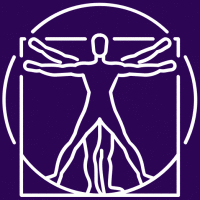
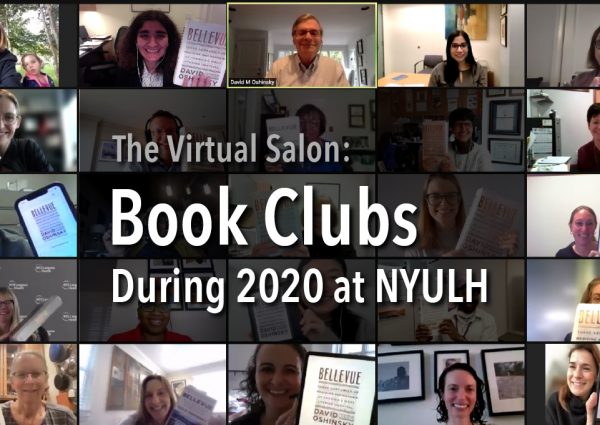
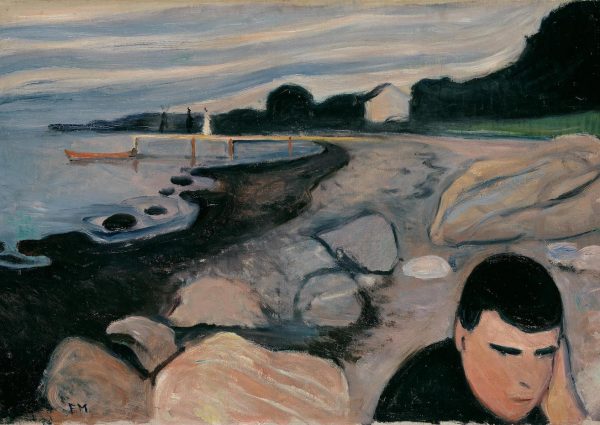
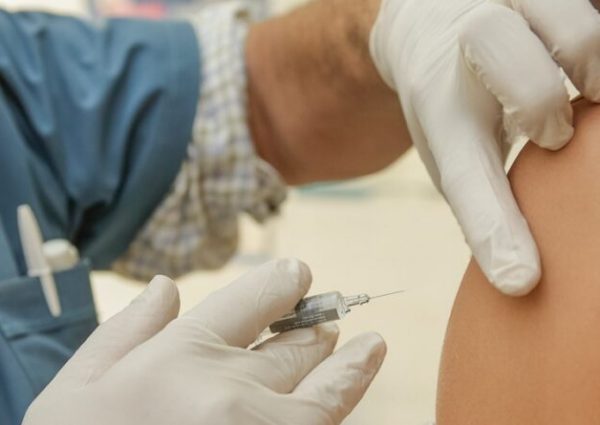
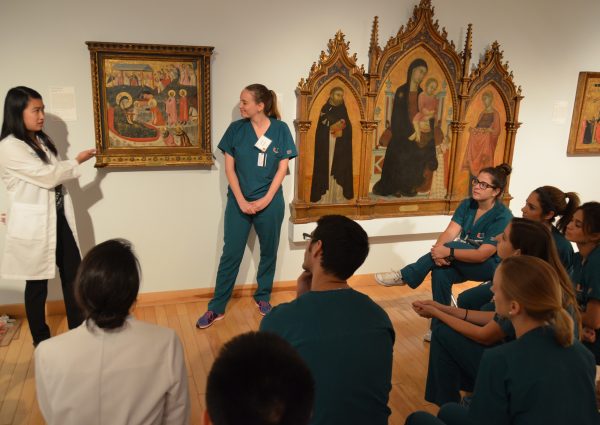

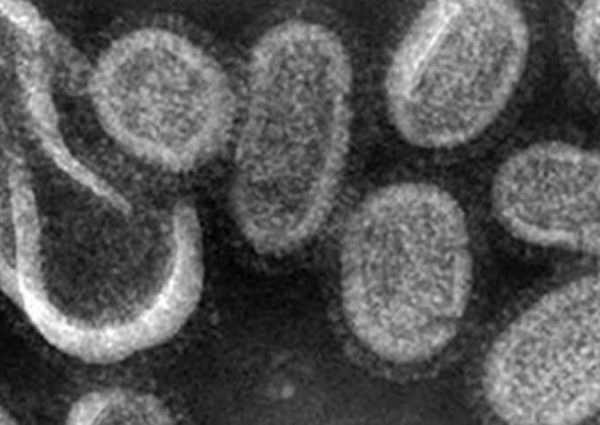
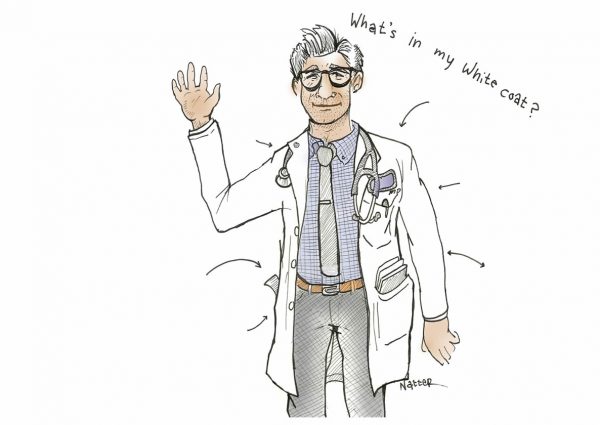
Ron Charach
Feb 21, 2008
I would build on Dr Jack Coulehan’s fine article by suggesting that often one knows a practitioner of the medical humanities by his or her reading list, as much as by anything else.
Read enough fiction and humanistic non-fiction and it’s not hard to register the full human dimension of the dramatic situations that befall many of our patients, and to issues about which large proportions of our society seem unaware or indifferent. One starts, then, with a reading ist that in turn generates a list of questions.
One of the books on my list is Enter the Babylon System, Unpacking gun culture from Samuel Colt to 50 Cent by Rodrigo Bascunan and Christian Pearce. These authors publish a hip-hop magazine and their analysis in enriched by their intimate knowledge about life in disadvantaged neighborhoods.
The Northern Illinois shooter, who was taking three different psychotropic medications, was on seven waiting lists to buy weapons before he managed to purchase the last two of his three pistols at a gun shop that doubled as a residential home.
In the aftermath of the killings, the media asked the usual questions, such as How could anyone do such a thing?, and interviewed the young man’s girlfriend for clues. She was a pleasant young woman who described him as sweet, sensitive and caring. My own list of questions about the assailant is considerably longer, but I have as many questions about the society in which he found himself, one that gives legs to every half-baked plan of revenge and retribution made by acutely distraught young men, by making handguns, even semi-automatic handguns so easy to obtain.
If this isn’t an example of an issue for the medical humanities, I don’t know what is. Even in Canada the costs of gun violence approximate $6 billion dollars a year, one of those statistics we want to be armed with when cross-examined by our colleagues in the ‘hard sciences’.
Ron Charach MD